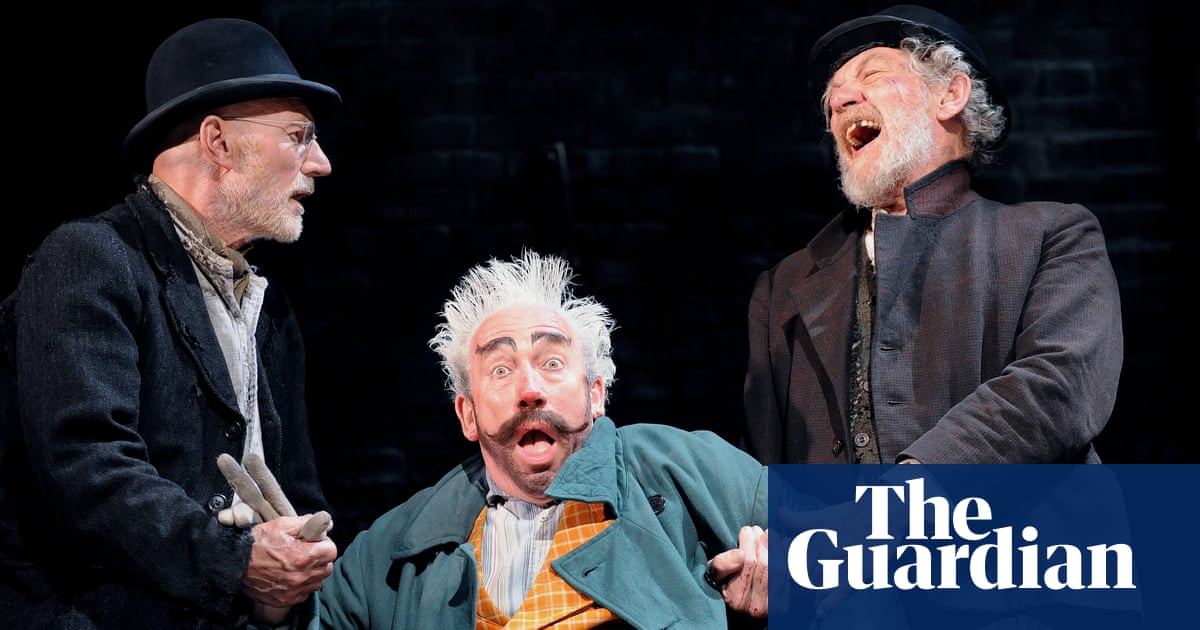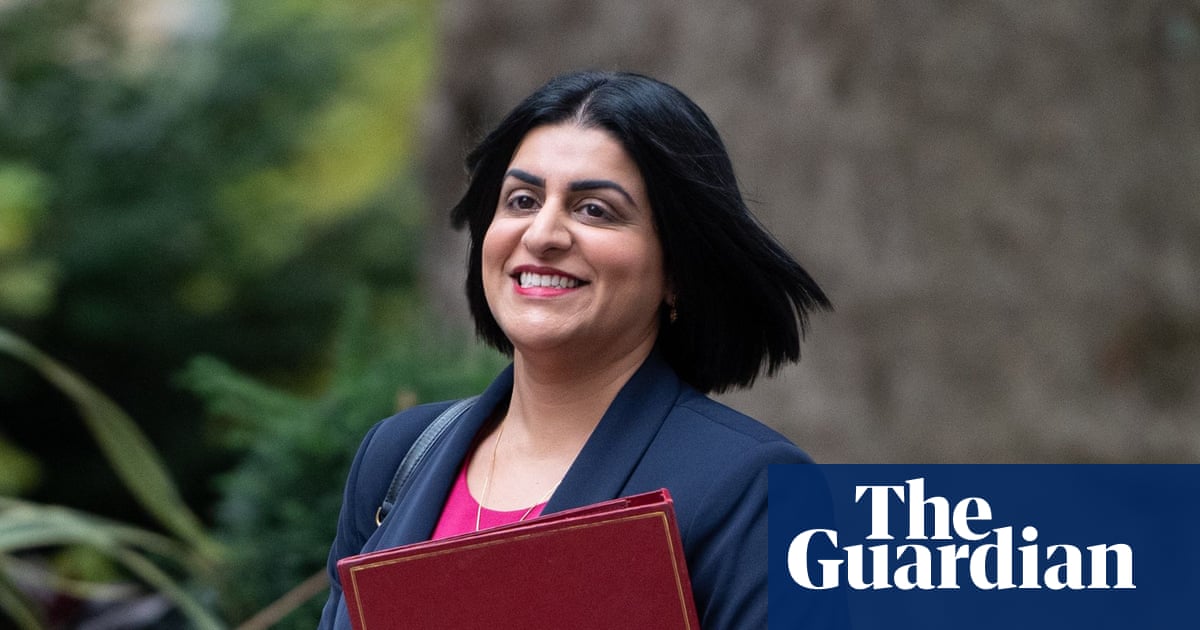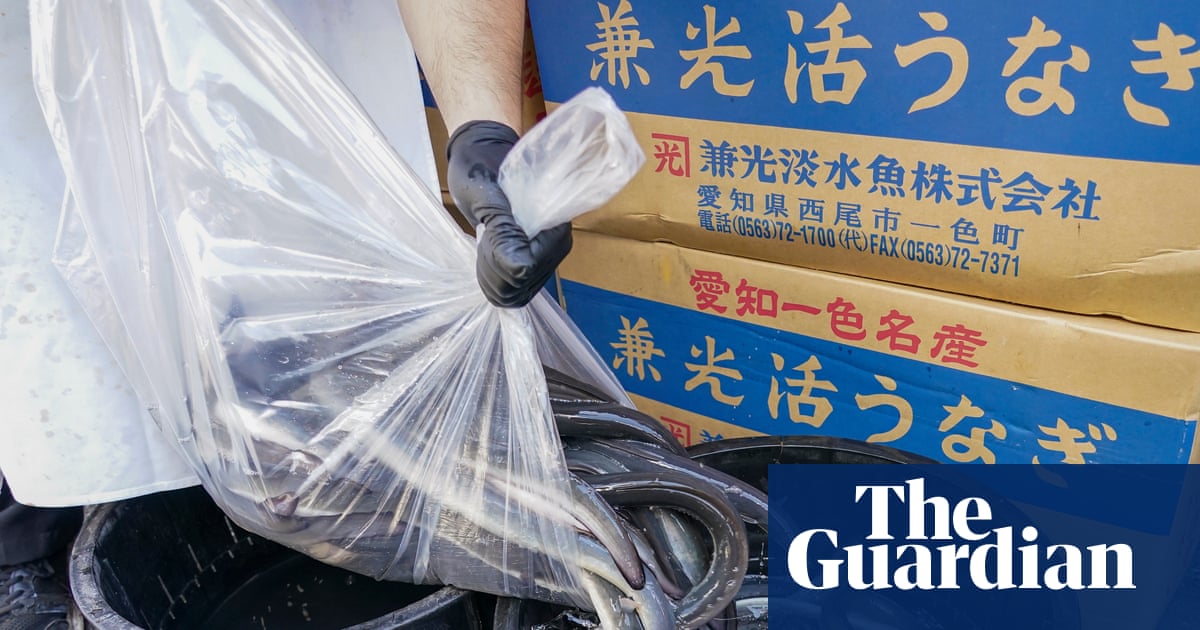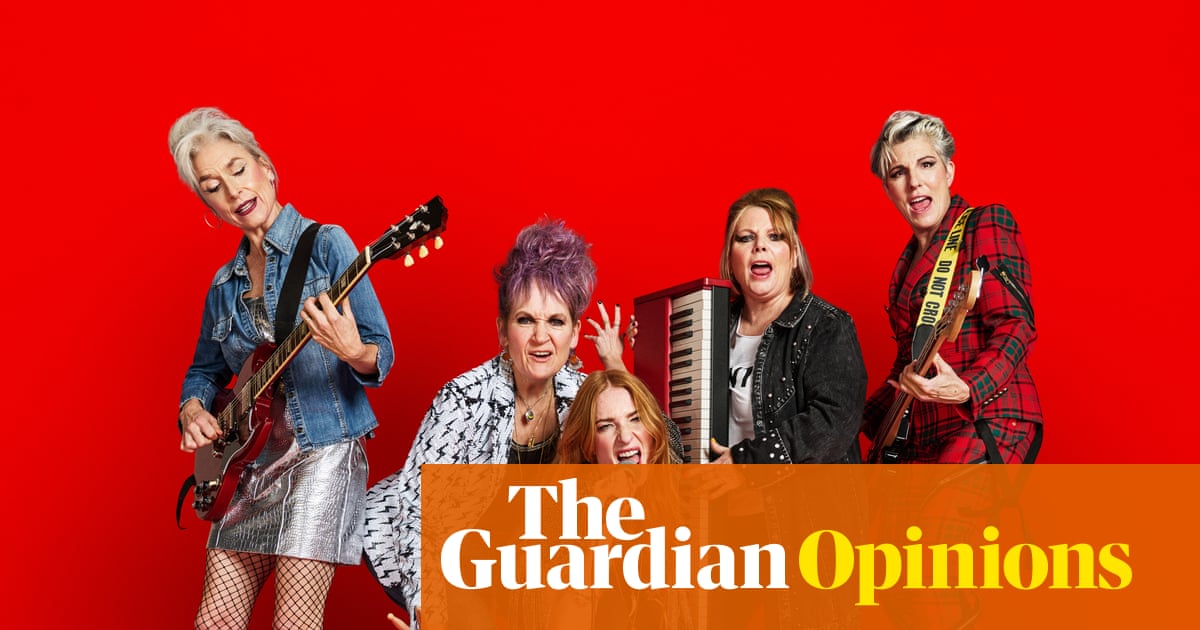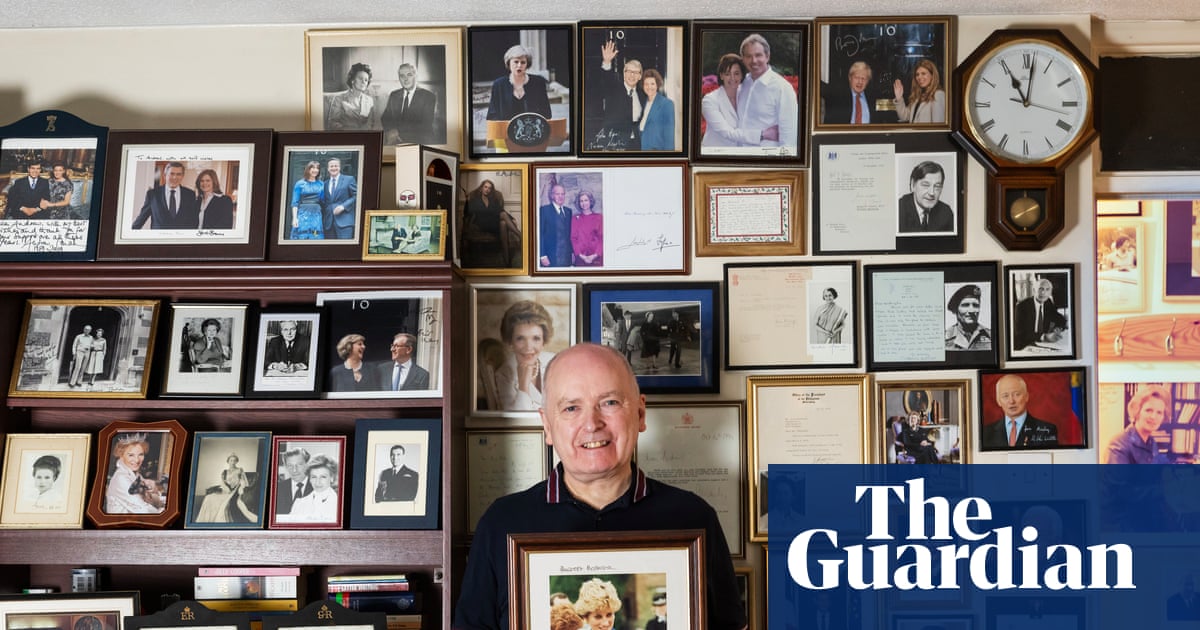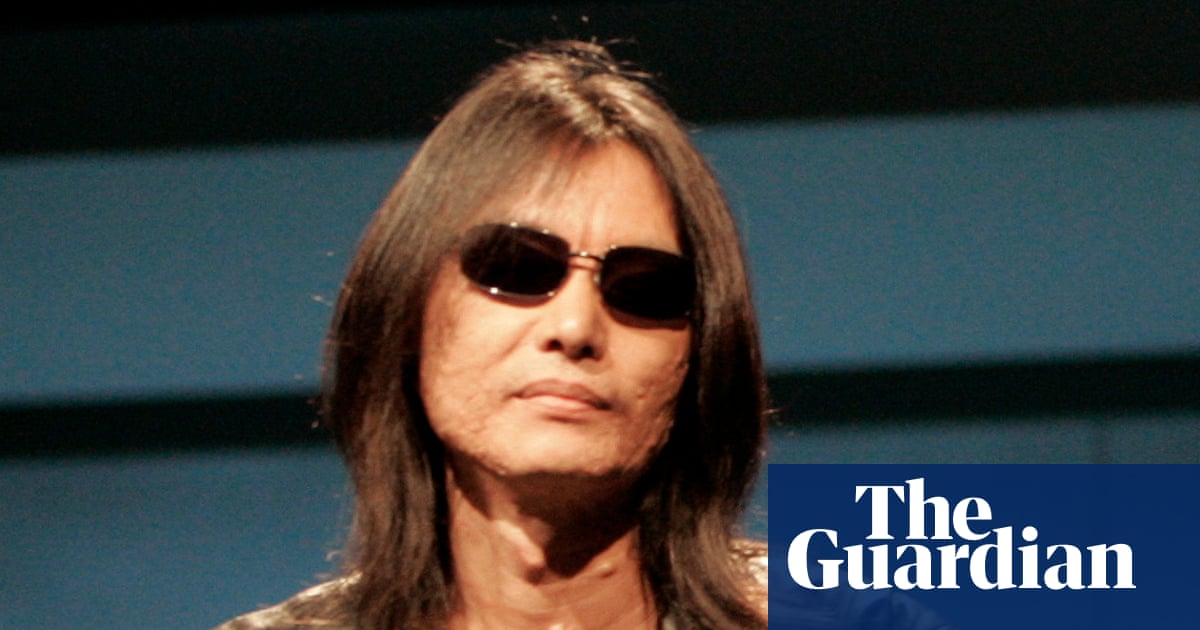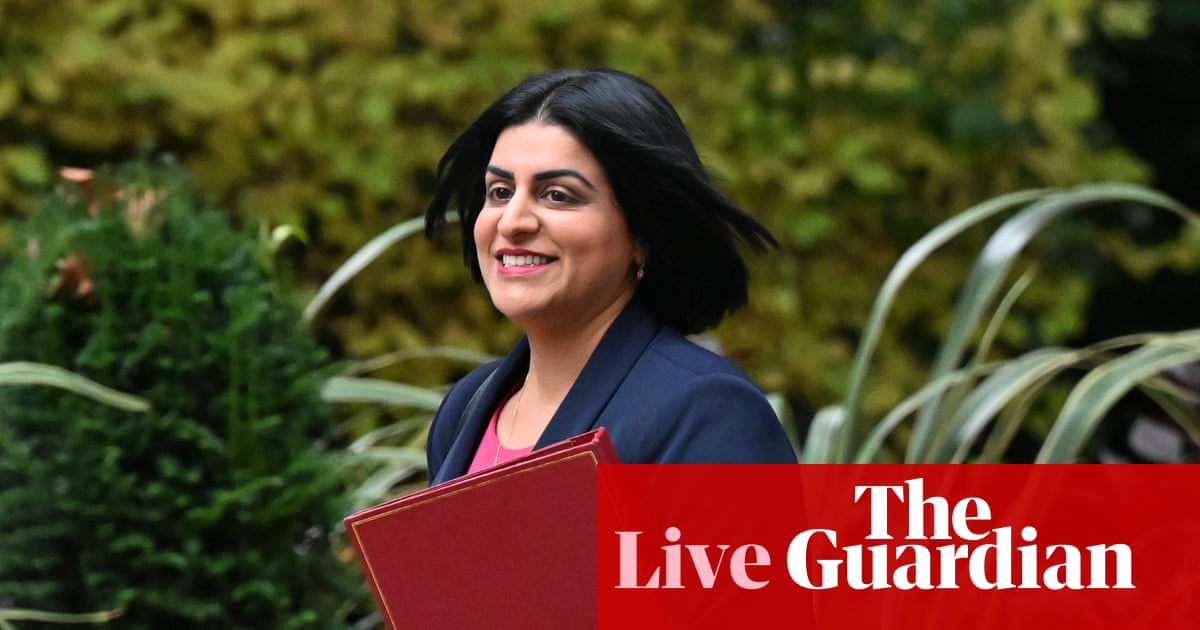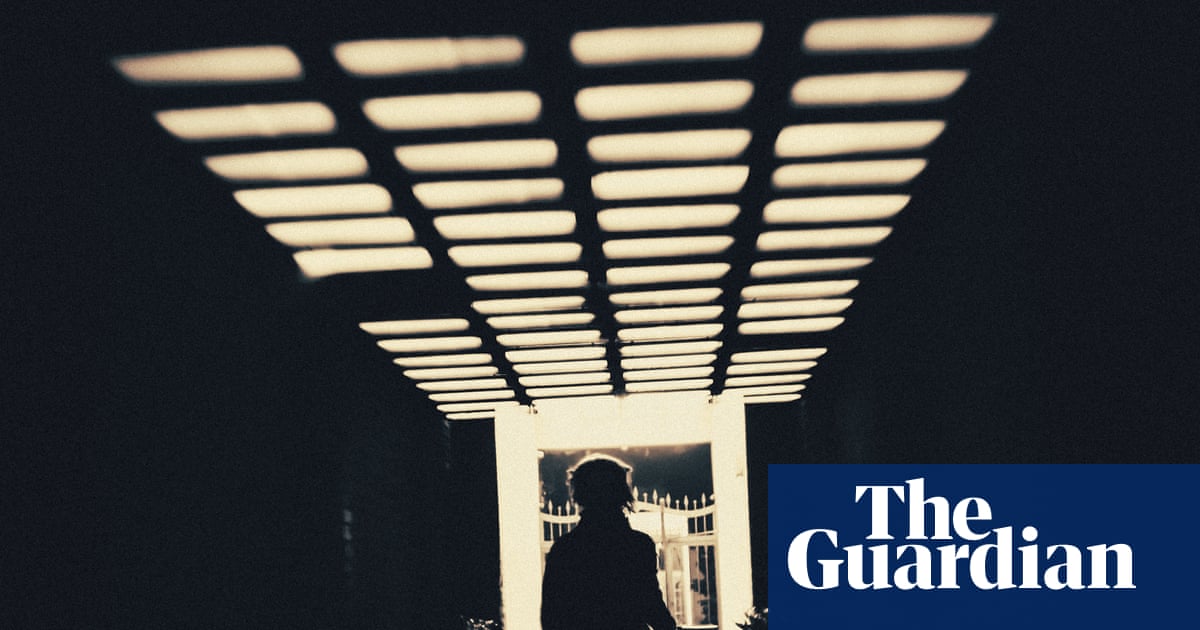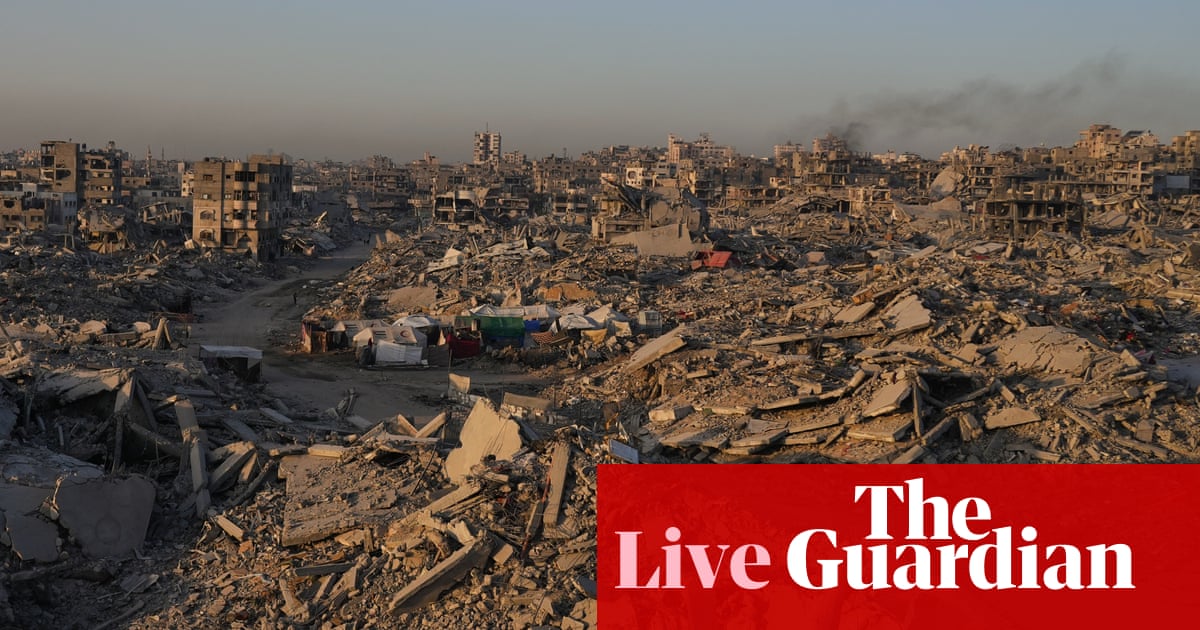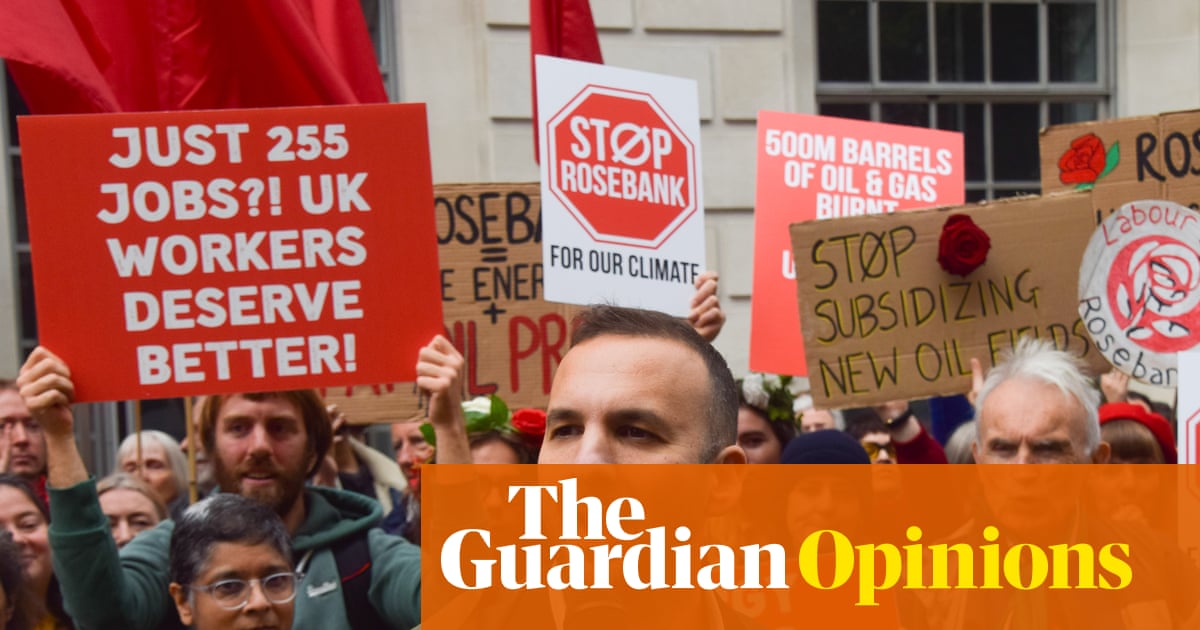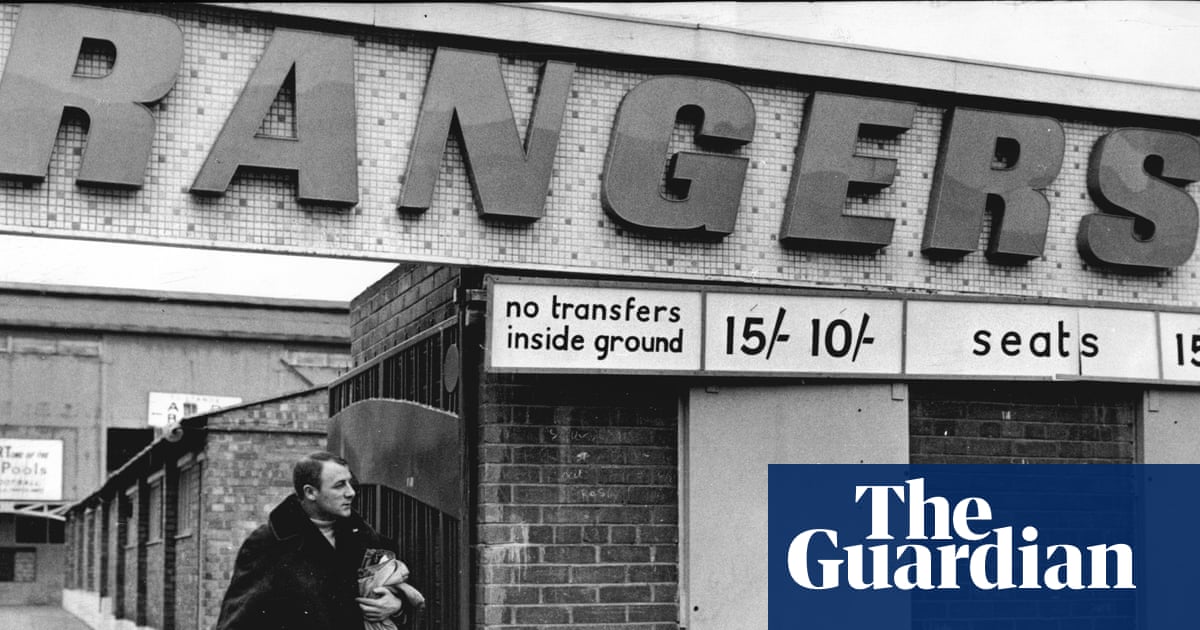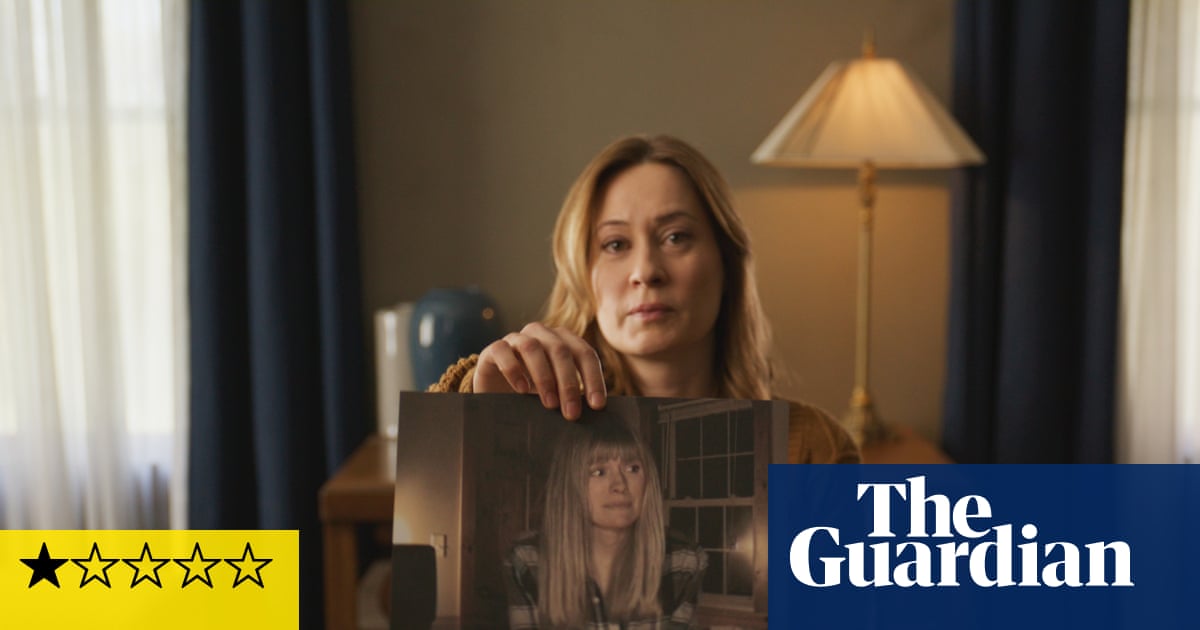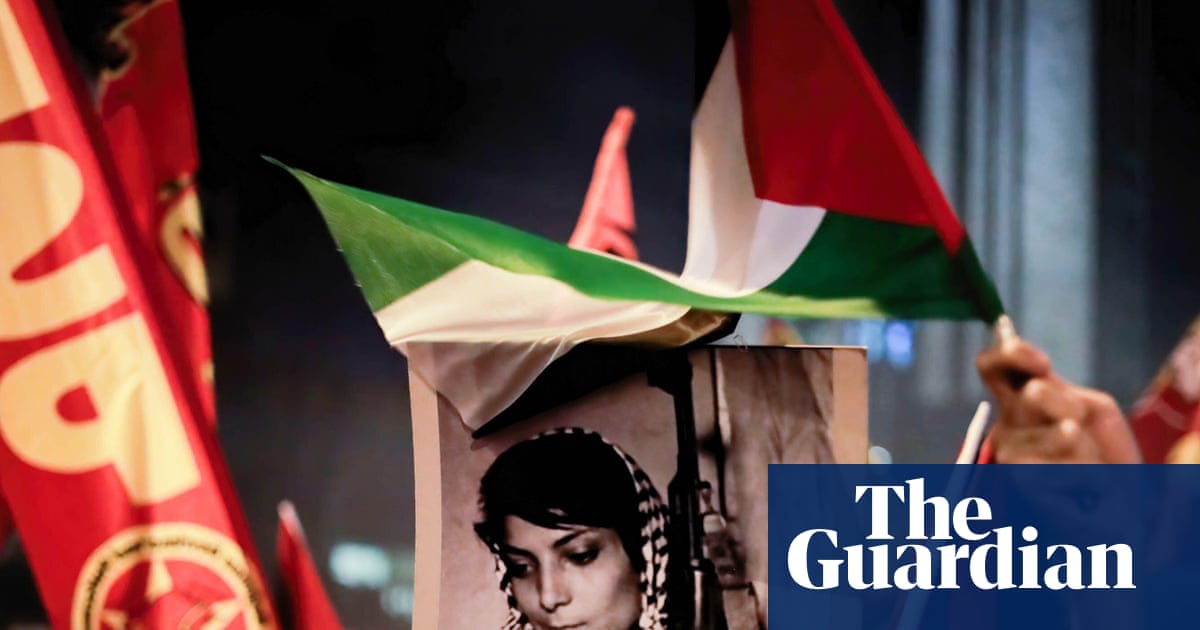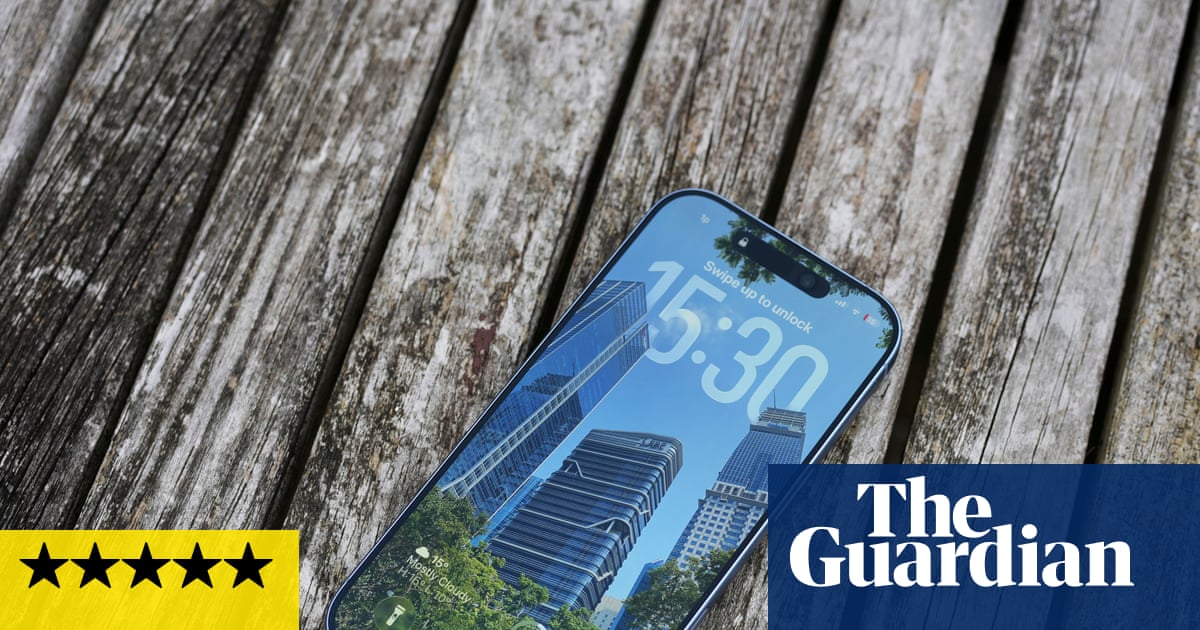When King Charles meets Pope Leo XIV at the Vatican this week, the two leaders are likely to discuss pressing global issues as well as sharing a historic moment of prayer.
In the face of volatility and rising nationalism, Leo, the first North American chosen to lead the Roman Catholic church, has begun to outline the contours of his papacy after a low-key start to his five-month-old papacy.
For conservative Catholics who hoped he would represent a break with the policies and priorities of his immediate predecessor, Pope Francis, the signs are not good.
“It’s been made quite clear in recent weeks that Leo, substantively, is of the same mould as Francis,” said Christopher White, the author of Pope Leo XIV: Inside the Conclave and the Dawn of a New Papacy and a senior fellow at Georgetown University in Washington DC.
“They have very different styles. Francis was unscripted, spontaneous. Leo is cautious and careful in the way he speaks and acts. But I think they both view the church as what Francis described as a field hospital that has to tend to the most marginalised, particularly the poor in society.”
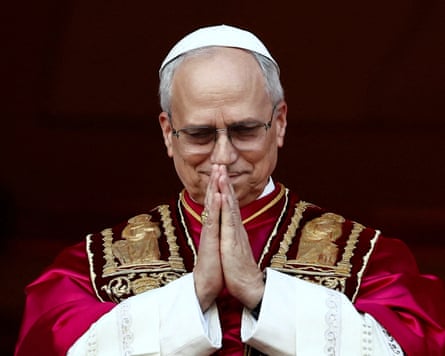
After his unexpected election at the conclave of cardinals in May, Leo spoke from the balcony of St Peter’s Basilica in Rome of the need to build bridges. He delighted conservatives by wearing a red mozzetta, a traditional papal garment spurned by Francis.
Leo moved into the papal apartment in the Apostolic Palace in contrast to Francis’s living quarters in the modest Santa Marta guesthouse, and retired for several weeks over the summer to Castel Gandolfo, a papal bolthole also largely shunned by the Argentinian pope.
He held private meetings with Raymond Burke, a prominent conservative US cardinal, and Robert Sarah, a prelate from Guinea, both of whom were outspoken critics of Francis. Leo allowed Burke celebrate a Latin mass in St Peter’s Basilica, which Francis had refused.
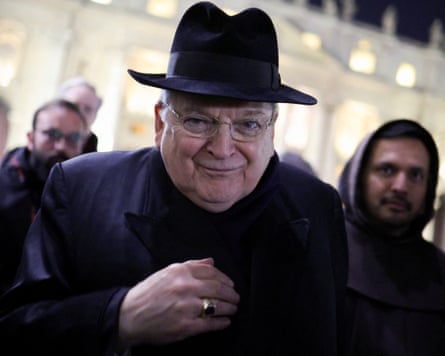
He also seemed less inclined than his predecessor to make off-the-cuff controversial comments or to criticise the penchant of some cardinals and Vatican officials for luxuries and deference.
It seemed to signal a different approach, and some hoped it meant a break with Francis. The last few weeks suggest they were mistaken.
Earlier this month, Leo received a group of US bishops recently at the Vatican. They shared with him dozens of letters from immigrants to the US that described raids on their communities and their fears of deportation under Donald Trump’s hardline policies.
In the meeting, the pontiff made his views clear. “He expressed his desire that the [US bishops] speak strongly on this issue,” Mark Seitz, the bishop of El Paso in Texas, told Reuters. “It means a lot to all of us to know of his personal desire that we continue to speak out.”
Three days before Leo met the group of US bishops, he spoke about migration at holy mass attended by more than 10,000 people in St Peter’s Square. “In long-established Christian communities, like those in the west, the arrival of many brothers and sisters from the global south should be embraced as a chance,” he said, his remarks in sharp contrast to Trump’s statements.
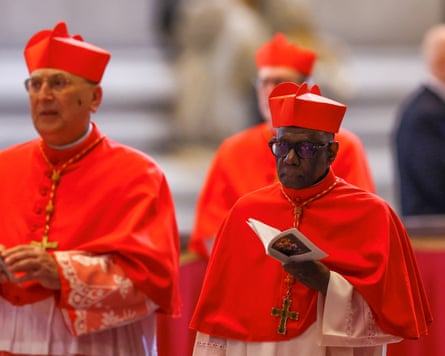
A few days before that, Leo told reporters: “Someone who says: ‘I am against abortion but I am in agreement with the inhuman treatment of immigrants in the United States,’ I don’t know if that’s pro-life.”
He has endorsed Francis’s focus on the climate crisis, telling a conference that some world leaders have chosen to “deride the evident signs of climate change, to ridicule those who speak of global warming and even to blame the poor for the very thing that affects them most”.
Leo published his first apostolic exhortation, on “love for the poor”. Dilexi te, which was initiated by Francis before his death, says Christians “must not let our guard down when it comes to poverty” and must “continue to denounce the ‘dictatorship of an economy that kills’”.
With strong echoes of Francis’s criticism of inequality, the document says: “In a world where the poor are increasingly numerous, we paradoxically see the growth of a wealthy elite, living in a bubble of comfort and luxury, almost in another world compared to ordinary people. This means that a culture still persists – sometimes well disguised – that discards others without even realising it and tolerates with indifference that millions of people die of hunger or survive in conditions unfit for human beings.”
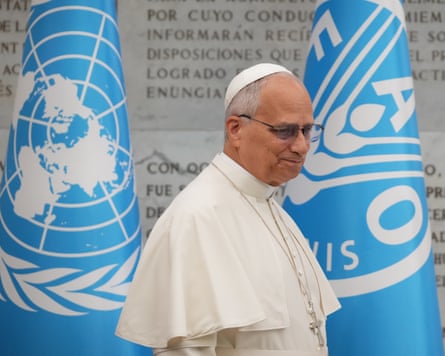
Last week, Leo condemned the use of hunger as a weapon of war, without naming any specific conflicts or countries. Global hunger was a “clear sign of a prevailing insensitivity, of a soulless economy … and of an unjust and unsustainable system of resource distribution”, he told a UN conference.
These interventions have “seen Leo’s papacy really take off”, according to Christopher Lamb, CNN’s Vatican correspondent and author of a forthcoming book on the US pope.
“Although he has a more reserved personality than Pope Francis, he comes across as a determined character, and he’s shown he’s taking up the baton from his predecessor on key issues.
“Leo is also now facing criticism from the same conservative quarters as Francis.”
Some conservative commentators are calling Leo the “woke pope”. He should “return to his previous silence”, according to the conservative Catholic blog Rorate Caeli.
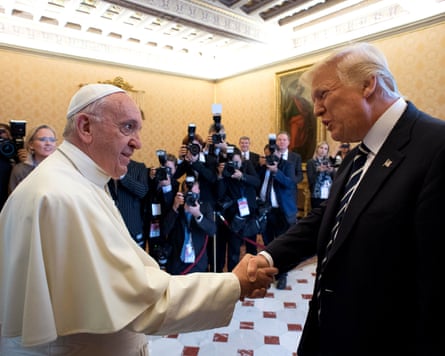
White told the Guardian: “There are certain American conservative Catholics that hoped to see a course correction with the new pope, and many of those would be the sort of American Catholics who are more aligned with Maga.
“A pope who happens to be an American and who is suspicious and critical of unbridled free market capitalism is probably a disappointment to them. Francis was often dismissed by his conservative critics in the US who would say he just doesn’t understand our country. They can’t dismiss Leo so easily.”
Leo, he added, was “not temperamentally someone that is looking for a fight. But I think he also realises the responsibility on his shoulders to use the megaphone he’s been given on behalf of those who are without a voice. His instinct is to build bridges. But he believes you can’t do that while sacrificing your integrity and certain causes that require you to speak out.”

.png) 5 hours ago
6
5 hours ago
6
